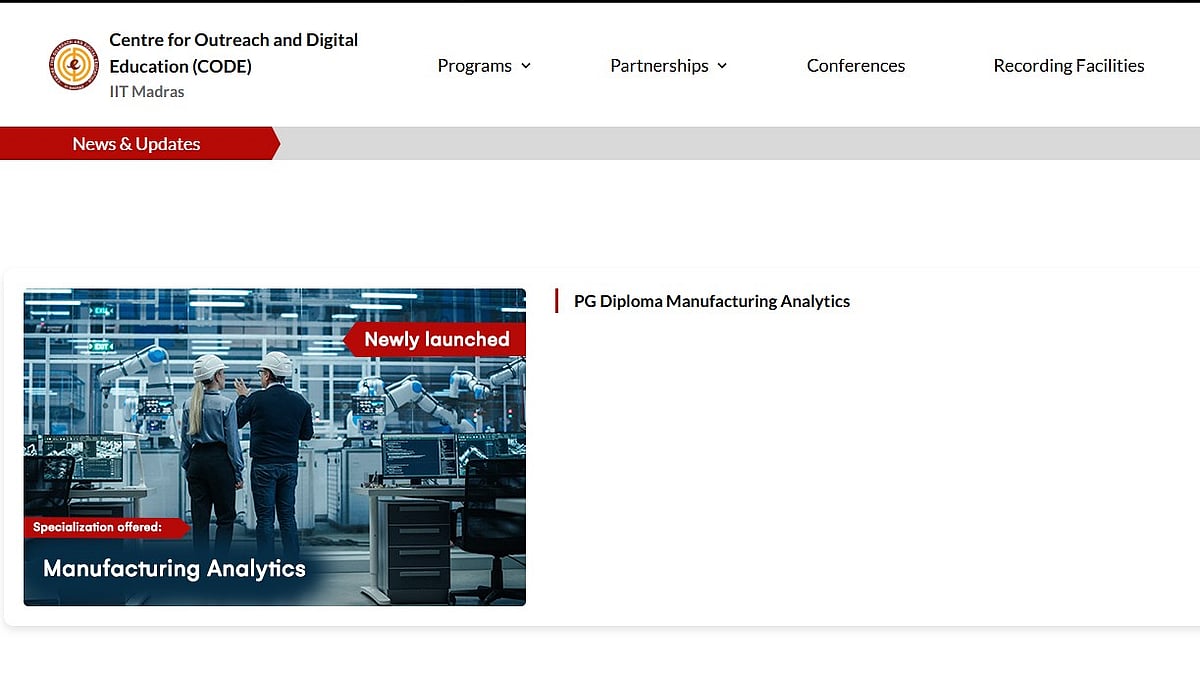The COVID-19 pandemic has affected the economy at large. Globally the businesses suffered massive losses and struggled to survive in the market. The same is for the restaurant business. In India, with strict regulations, lockdowns and restrictions, even the most renowned restaurants failed and had to shut down.
As per a research by the National Restaurant Association of India, 53 percent restaurants were shut down in 2020-21.
Even during such difficult times, the restaurant industry somehow found a way to sustain itself. With many restaurants permanently shut, the customer demands were met by the Cloud kitchens. Also known as ‘Ghost kitchen’, ‘Virtual kitchen’ or ‘Dark kitchen’, Cloud kitchens operate on delivery-only models through take-aways or online orders via third party aggregators like Swiggy, Zomato, Dunzo, etc.
Recognising the changing trend during the pandemic, many restaurants closed their dine-in spaces and operated as Cloud kitchens to keep the business running. Despite its recent expansion, Cloud kitchen is not an unknown concept in India.
For years, many corporate and public companies have been partners with local food vendors to deliver meals for their employees and clients. Take examples of Fassos, Biryani by Kilo and Mojo Pizza, which have been running on this very model for years before the pandemic.
In the absence of seating and dine-in arrangement, the cloud kitchens are able to cut costs on infrastructure, interior and staff. This helps increase their profit margins significantly. By only focusing on serving good food, the restaurants’ quality of service and raw material also improves. The cloud kitchen restaurateurs have started paying close attention to marketing and building their own brand. This has contributed to a significant rise in digital marketing by F&B brands.
Hopping on the trend, more and more restaurants are creating their own websites and social media handles. They are finding new ways to interact with customers and build loyalty. Seeing the potential, the already existing restaurants have also created a cloud kitchen extension of their restaurants.
The entry of third party aggregators opened this untapped area of restaurant business. With many third party aggregators’ initiatives to promote the cloud kitchen, the traditional restaurant models saw a new way of generating revenue. Take the example of Marriott Bonvoy, a food delivery service offered by Marriott Hotels.
Technology adoption and innovative operational practices further helped the cloud kitchens to grow popular. The previously existing billing softwares were revamped to meet the changing needs. These evolved restaurant billing softwares or POS have been the most essential tools through which the cloud kitchen model operates. Be it managing sales, customers, staff, inventory, menu or website; these softwares help in automating their business operations and kitchen management with ease.
With a smart and efficient POS, the cloud kitchen owner can understand and analyze consumer trends, equip themselves to meet the demands, and strategise their business growth. Using such technological solutions, many big cloud kitchen brand names have emerged in India in the last 5 years. Rebel foods, for example, operates Faasos, Behrouz biryani, Sweet Truth, Oven story and many more brands. All these cloud kitchens offer a variety of food items across various cuisines and categories.
In the very small span of time, the cloud kitchen model has made major changes in the way restaurant business previously operated.
As per a research conducted by Redseer Management Consulting, the cloud kitchen market is to expand to a $2 billion industry in India by 2024 much more than estimated prediction of only $400 million. With so many players exploring this new area of the restaurant market, the future of cloud kitchen certainly seems bright.
(Parthiv Patel is Co - Founder/CEO of Petpooja-one-stop digitised billing solution for the restaurant industry. Views are personal)




